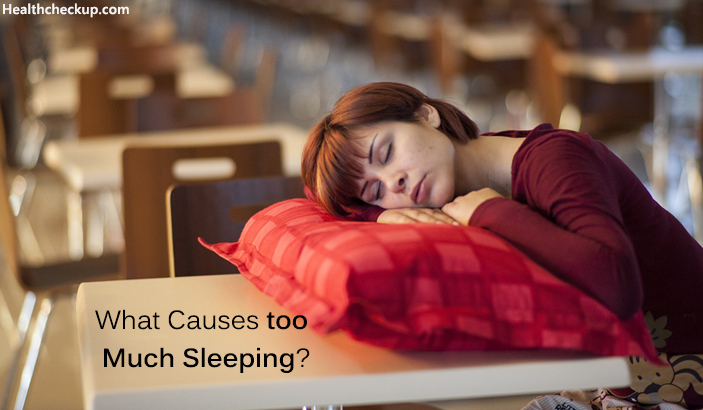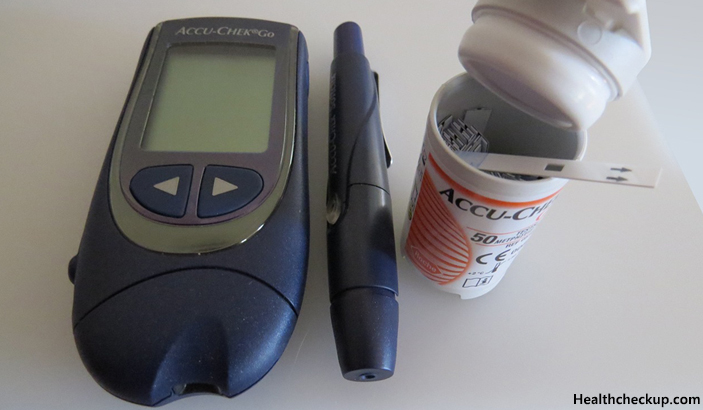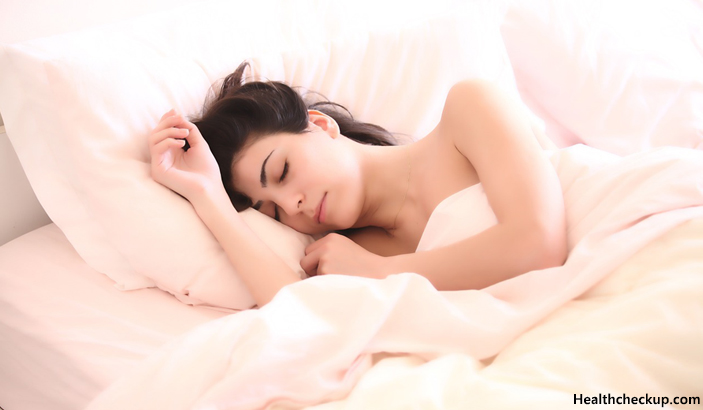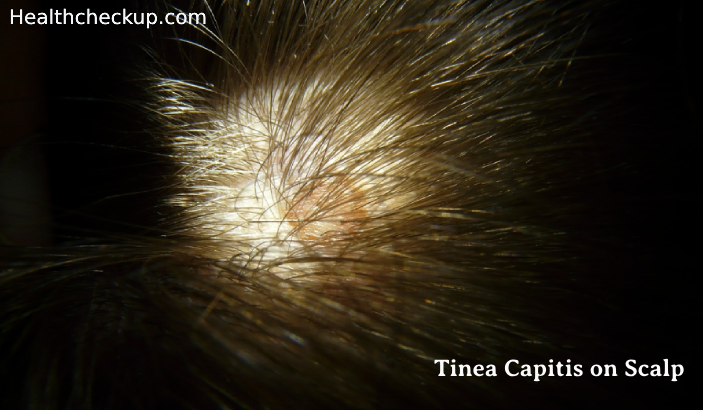Oversleeping which is also called Hypersomnia means it needs almost 11 to 13 hours of sleep per night to feel good. Sometimes people might be so busy in their life to fulfil the routine responsibilities that taking rest might be much difficult. So these people might feel fatigued during the day and tend to sleep for more than 14-15 hours a day.
An individual may experience hypersomnia if they frequently wake up in the middle of the night. It might not be able to remember all of the night time wakings, nonetheless they can keep them from getting much deep sleep to leave them feeling refreshed.
Hypersomnia characteristically starts in early childhood. If you haven’t always felt as fatigued as you do now, there might be something wrong which needs to be addressed. Lifestyle factors can act as part of this symptom. If the individual does not get much sleep on a regular basis, the body may try to make up for it by oversleeping.
What Are The Possible Causes of Oversleeping?
The Causes of Oversleeping Include
- Thyroid Problems
- Sleep Apnea
- Narcosepsy
- Depression
- Heart Disease
- Few Kinds of Medications
What Are The Symptoms of Oversleeping?
- Brain Fog: There might be mild to moderate confusions which often strikes without warning.
- Headaches: A Mild headache can occur
- Feeling of sleepiness all the time
- Kind of tiredness or fatigue making the body inactive, not interested to do any normal activities.
What Are The Effects of Oversleeping?
Cardiovascular Disorders
Researchers say that may oversleeping increase the risk of early death due to cardiovascular disease.
Diabetes
If one sleeps more than nine hours every night, then the person has a risk of developing diabetes. The chances are more than 50 per cent.
Grogginess or Tiredness
One is aware that with the feeling of being tired and drowsiness from too much sleep. Many people experience this feeling if they sleep in on the weekends, which causes the disturbance to their normal weekday sleep patterns.
Other Complaints
Oversleeping comprise an increased risk of headaches and mental disorders such as depression. It also causes back pain and sometimes body pain. Depressed people might feel like sleeping more. This can in turn aggravate depression. This can also happen if the individual is suffering from headaches and back pain which aggravates too. It makes them more worse.
For people with hypersomnia, oversleeping may cause the following issues:
- Low energy
- Anxiety
- Tiredness
- Memory problems
Even if the individual does not have a sleep disorder, frequently oversleeping might have not so positive influence on their health. Some other complications comprises:
- Obesity
- Headaches
- Diabetes
- Depression
- Back pain
- Heart disease
- Risk of death
An individual who oversleeps might also be at greater risk of automobile accidents. Hence, it is better to use caution while operating heavy equipment if all one has been experiencing extreme sleepiness.
How is Oversleeping Diagnosed?
If the symptoms of oversleeping are there for more than six weeks then it is better to consult the doctor. It is good to discuss lifestyle changes if any or other things like habits, medications, and medical history. The doctor might do a physical exam and even the individual would be asked to involve in a sleep study.
If a person’s Oversleeping cannot be Related to other Medical Conditions, then the Doctor may Suggest the Following
Rating the Sleepiness on the Epworth Sleepiness Scale: The individual will rate the sleepiness to help the doctor know how sleep is distressing the everyday life.
Keeping a Sleep Diary: The sleep habits would be recorded. When one sleeping and gets awake, then to record how long he/she was awake so that the doctor can check the pattern and amounts of sleep. One should track the sleep for a week before seeing the doctor.
Perform a Polysomnogram: The individual has to stay overnight in a sleep centre which will be attached to a monitor that will amount brain activity, eye movement, heart rate, leg movement, and etc.
Perform a Multiple Sleep Latency Test: After the day of polysomnogram, a multiple sleep latency test should be performed which measures the sleep as one naps during the day.
5 Tips For Better Sleep
One can follow the below tips to get a healthy sleep:
1. Keep a Sleep Schedule
Every day make your mind to sleep and wake at the same time. You can take the help of alarms. This also includes on weekends as well. By doing this, your body will know when to expect sleep during that time. This helps in getting into a rhythm anywhere sleep comes more effortlessly.
2. Make A Perfect Sleep Environment
Being relaxed will help your body get to sleep. Make sure that the bedroom is dark, quiet and cool. You might want to dim the room using curtains. White-noise machine or earplugs can help sink out interruptions and avoids getting up in the middle of the night.
Attempt to limit the number of children or pets sleeping in the bed, and also avoid falling asleep by keeping the television on. Choose the best pillow in which you are comfortable with.
3. Power Down All The Devices
Computer and phone screens produce light called as blue light which during the night can disturb the natural circadian rhythm of the body leading to sleep disruption. Power down the devices and boundthe exposure to blue light for two to three hours before bed.
4. Be Mindful On Your Lifestyle Habits
One must take care of themselves which helps in getting the sleep. Alway shave a thought the things you take. Do not take caffeine while going before bed which leads to be awake all the time. Alcohol can also make you sleepy, never the less quality of sleep is affected by making it worse. Warm milk or herbal tea are better alternatives. Exercise should not be done before sleep as it may interrupt the sleep.
5. Maintain a Sleep Diary
Writing about the sleeping patterns and amount will help. Include anything and everything about the normal habits so it helps in discussing with the doctor. Make sure to write down how much time you sleep each night, and how long it takes to fall asleep, also daytime napping and everything related to your sleep, which you consider as important.
These things will help in knowing the reasons of oversleeping and how to overcome it.
Medically Reviewed By

I am an experienced Medical/Scientific writer with a passion for helping people live a happy healthy life. My thirst for writing has followed me throughout the years – it is there when I wake up, lingering at the edges of my consciousness during the day, and teases me at night as I go to sleep.










